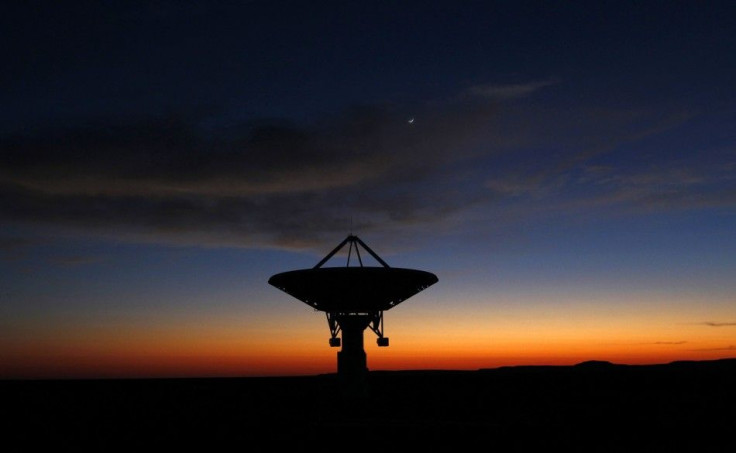Australian Telescope Detects Radio Signals From Beyond The Milky Way

The Australian Parkes radio telescope has detected radio signals coming from a location further away than the Milky Way galaxy. In an unanticipated moment, the telescope successfully identified the incoming signals and recorded it live at the moment of its arrival. The data received was transmitted to the other 12 telescopes in less than 10 seconds. This, in turn, resulted in a dozen high-powered telescopes, within hours, scoping out what caused the radio signal to be emitted. Unfortunately, however, the search resulted in nothing new so far.
Scientists reveal that this incident is perhaps not the first time that such radio bursts have been received. In fact, this is reportedly the ninth such incident that has been recorded. Most of the previous radio bursts that have been detected and recorded, were found either months or years after their arrival. However, what makes this particular incident all the more unique and unprecedented is that the radio bursts were identified and recorded in real time. Emily Petroff, who is an astrophysicist at the Swinburne University of Technology in Hawthorn, Australia, opines that the signals detected have their origins further along than the Milky Way galaxy. Petroff and her colleagues have calculated that the radio burst originated from a distance almost six billion light years away, in the constellation named Aquarius.
Although the radio bursts recorded so far have revealed the identity of their source, the cause of their origin is still a mystery to the scientific community. Some of the theories include evaporating black holes or colliding stars or even stellar explosions like that of a supernova. In this case, the data received found no evidence of a fading afterglow at any particular wavelength of light, thereby enabling scientists to come to the conclusion that stellar explosions could possibly be ruled out as one of the causes of such radio bursts.
Such radio bursts usually occur for only a few milliseconds. So far the data received from such signals has been limited. However, unlike previous incidents, the real time discovery of the signals by the Parkes telescope has opened the door to numerous possibilities. The data received may help aid the search for the cause of such radio bursts, which in turn, may help uncover the various cosmological mysteries, and someday perhaps, even the nature of matter in the universe.




















